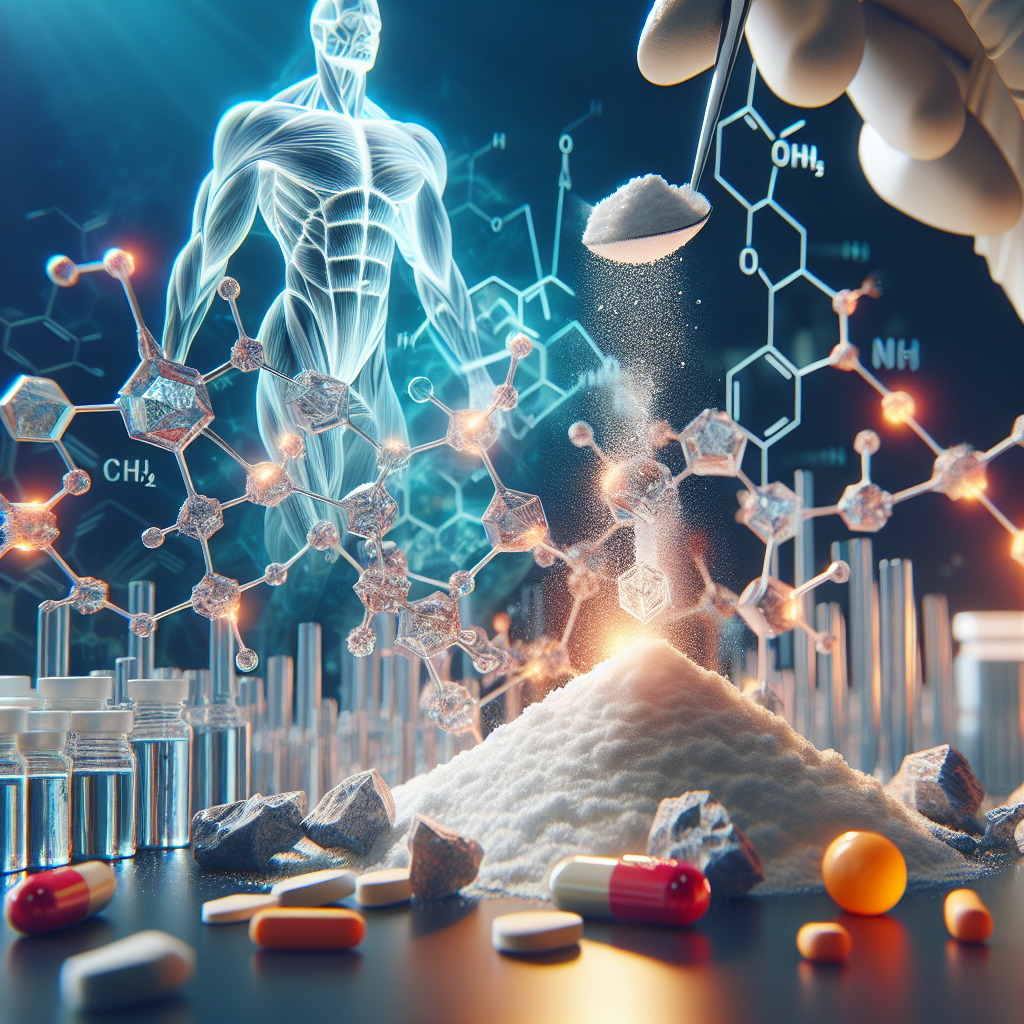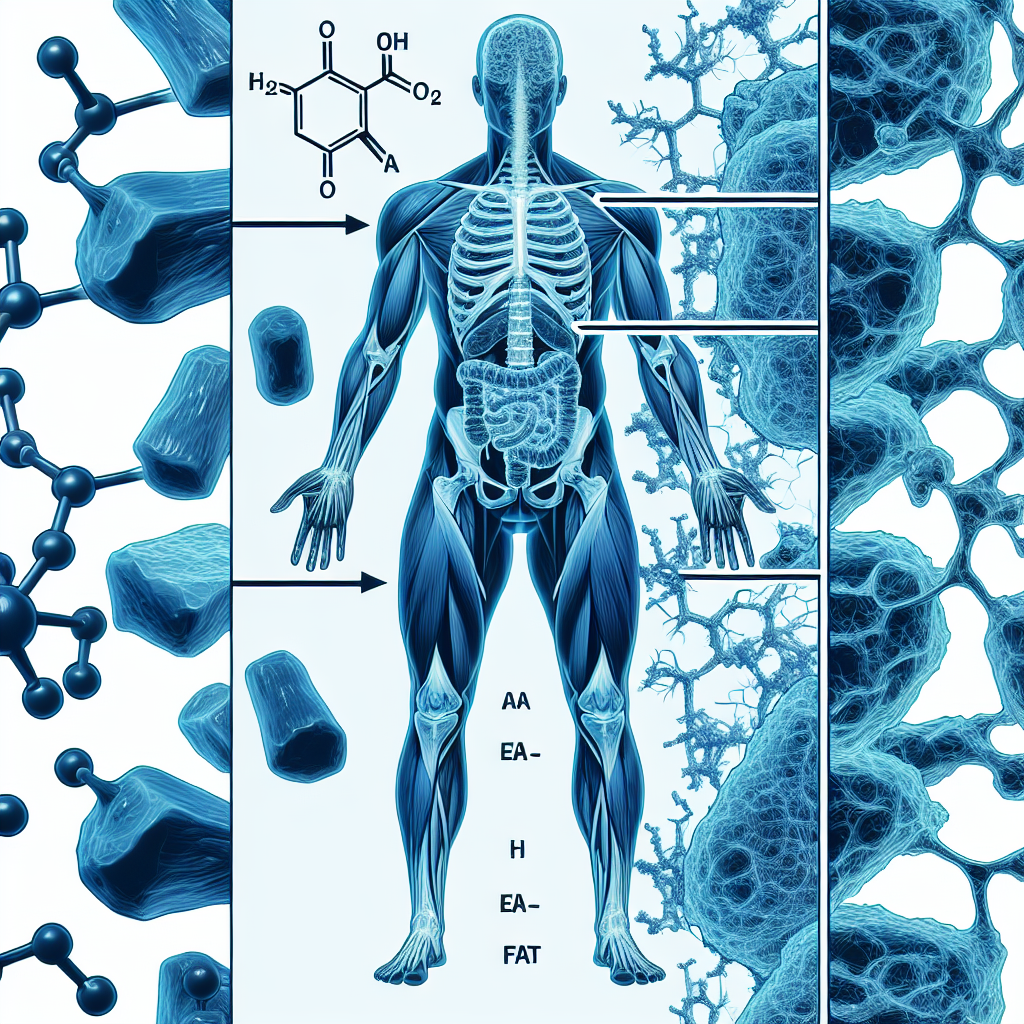In the world of nutritional science, few compounds are as fundamentally important yet commonly overlooked as amino acids. These molecular powerhouses serve as the essential building blocks of proteins, silently orchestrating countless bodily functions that keep us alive and thriving. While many supplement manufacturers prominently feature vitamins and minerals on their labels, amino acids are the hidden heroes working behind the scenes to support everything from muscle development to immune function.
The Foundation of Life: Understanding Amino Acids
At their core, amino acids are organic compounds containing both amino and carboxyl functional groups, along with a side chain specific to each amino acid. This seemingly simple structure belies their incredible complexity and versatility in biological systems. Every protein in your body—from the keratin in your hair to the enzymes digesting your food—is constructed from various combinations of these remarkable molecules.
What are amino acids good for? The answer encompasses virtually every aspect of human physiology. They’re essential for breaking down the food you eat, building and repairing muscle tissue, supporting your immune system’s defense mechanisms, and even influencing your mood and cognitive function. Without amino acids, life as we know it simply wouldn’t be possible.
Essential vs. Non-Essential: The Amino Acid Family
The human body utilizes 20 primary amino acids, which fall into two main categories: essential and non-essential. This distinction is crucial for understanding what are amino acids good for in terms of nutritional supplementation.
Essential amino acids cannot be produced by your body and must be obtained through diet or supplementation. These nine vital compounds include:
- Histidine: Critical for blood cell production, tissue repair, and protecting nerve cells
- Isoleucine: Regulates blood sugar and energy levels
- Leucine: Stimulates protein synthesis and muscle repair
- Lysine: Supports calcium absorption, collagen formation, and immune function
- Methionine: Helps with detoxification and metabolism
- Phenylalanine: Precursor to neurotransmitters that regulate mood
- Threonine: Important for immune function and fat metabolism
- Tryptophan: Converted to serotonin, influencing mood and sleep
- Valine: Supports muscle growth, tissue repair, and energy production
Non-essential amino acids, while equally important, can be synthesized by your body under normal conditions. These include alanine, arginine, asparagine, aspartic acid, cysteine, glutamic acid, glutamine, glycine, proline, serine, and tyrosine. During illness, stress, or intense physical activity, some of these “non-essential” amino acids may become conditionally essential, as your body struggles to produce sufficient quantities.
The Muscle Makers: Amino Acids and Protein Synthesis
One of the most well-known answers to what are amino acids good for centers around their role in muscle development and maintenance. Through the process of protein synthesis, amino acids form the building blocks that create new muscle tissue and repair damaged fibers.
This process involves two primary mechanisms:
Muscle Anabolism: The constructive phase where proteins are synthesized to build new muscle tissue. Essential amino acids, particularly leucine, trigger this process by activating the mTOR pathway, which signals your body to begin protein synthesis.
Muscle Catabolism: The breakdown phase where muscle proteins are degraded. Amino acid supplementation can help minimize this breakdown, especially during fasting periods or intense exercise.
For athletes and those engaged in regular physical training, maintaining a positive balance between anabolism and catabolism is crucial. Research has consistently shown that strategic amino acid supplementation can enhance muscle protein synthesis, improve recovery times, and potentially increase overall performance.
“Taking essential amino acids regularly helps your body replace old or damaged muscles so your muscles keep working well,” explains many sports nutrition experts. This becomes increasingly important as we age, since our natural protein synthesis efficiency tends to decline over time.
The Supplement Revolution: Amino Acids in Modern Health Products
The understanding of what are amino acids good for has sparked a revolution in the health supplement industry. Today’s market offers a variety of amino acid-based products designed to target specific health concerns:
Branched-Chain Amino Acids (BCAAs): These supplements, containing leucine, isoleucine, and valine, are particularly popular among fitness enthusiasts for their potential to enhance muscle recovery and reduce exercise-induced fatigue.
Essential Amino Acid (EAA) Blends: Comprehensive formulations that provide all nine essential amino acids in balanced ratios, optimizing protein synthesis and overall amino acid utilization.
Targeted Single Amino Acids: Specialized supplements like L-glutamine for gut health, L-arginine for circulatory support, or L-theanine for stress management.
What makes these supplements particularly valuable is their potential to reverse muscle loss and promote muscle gain even under challenging circumstances. Research has found that amino acid supplementation may support the maintenance of lean body mass during weight loss, particularly under conditions of low protein intake or in older adults.
For the supplement manufacturing industry, understanding what are amino acids good for has opened new avenues for innovation and product development. Forward-thinking manufacturers are increasingly incorporating specific amino acid profiles into their formulations to address targeted health concerns.
Pharmaceutical Applications: Amino Acids as Versatile Excipients
Beyond direct nutritional supplementation, amino acids have found important applications in pharmaceutical manufacturing. Companies specializing in nutritional ingredients recognize the value of amino acids as versatile excipients that can enhance the stability, bioavailability, and efficacy of various health products.
For instance, certain amino acids serve as excellent binding agents in tablet formulation, while others act as stabilizers that extend product shelf life. Their natural origin makes them particularly appealing for manufacturers committed to clean label initiatives and natural product development.
The pharmaceutical applications of amino acids highlight their importance not just as active ingredients but also as critical components in the delivery systems that ensure supplement effectiveness. This dual functionality makes them invaluable resources for nutritional product developers seeking to create high-quality, stable, and efficacious health solutions.
Beyond Human Nutrition: The Broader Impact of Amino Acids
The benefits of amino acids extend well beyond human nutrition. These versatile compounds play critical roles in:
Animal Feed Formulations: Amino acids are essential components in optimized animal nutrition, supporting growth, health, and productivity in livestock. Supplements containing specific amino acid profiles can significantly improve feed efficiency and animal welfare.
Plant Growth and Development: Many amino acids function as biostimulants in agriculture, enhancing plant resilience, growth rates, and overall crop yields. They represent a more sustainable alternative to traditional chemical fertilizers.
Fermentation Processes: Amino acids are crucial in various fermentation applications, from food production to industrial biotechnology.
This broader ecological significance underscores the universal importance of amino acids as fundamental building blocks not just for human health, but for life across our planet’s diverse ecosystems.
The Immune Defenders: How Amino Acids Support Your Body’s Protection System
When exploring what are amino acids good for, their impact on immune function deserves special attention. The immune system relies heavily on proteins—and by extension, amino acids—to create antibodies, enzymes, and signaling molecules that coordinate immune responses.
Several amino acids play particularly important roles in immune support:
Glutamine: Often considered conditionally essential during times of stress or illness, glutamine serves as a primary fuel source for immune cells. During periods of immune activation, glutamine demand can increase dramatically.
Arginine: Critical for the production of nitric oxide, which helps immune cells fight infections. Arginine also supports T-cell function and wound healing.
Cysteine: A precursor to glutathione, one of the body’s most powerful antioxidants that helps protect immune cells from oxidative damage.
Recent research has revealed that amino acids are not just passive nutrients but active signaling molecules that fine-tune immune responses. They help regulate the balance between immune activation and suppression, ensuring appropriate responses to threats while preventing excessive inflammation.
For individuals experiencing high stress levels, recovering from illness or surgery, or facing immune challenges, strategic amino acid supplementation may provide valuable support to maintain optimal immune function. Health-conscious product manufacturers are increasingly recognizing this potential and developing targeted immune support products that feature specific amino acid profiles.
The Future of Amino Acid Applications in Health and Nutrition
As nutritional science advances, our understanding of what are amino acids good for continues to expand. Emerging research areas include:
- The role of amino acids in supporting cognitive health and protecting against neurodegenerative conditions
- The potential for specific amino acid patterns to influence the gut microbiome and digestive wellness
- Novel applications in personalized nutrition, where amino acid profiles may be tailored to individual genetic and metabolic needs
These developments represent exciting opportunities for innovation in the supplement manufacturing industry. Companies at the forefront of nutritional science are already exploring how to leverage these insights to create more effective, targeted health solutions.
Conclusion: The Versatile Foundation of Nutritional Excellence
The question of what are amino acids good for yields an impressively diverse range of answers. From their fundamental role in protein synthesis to their specialized functions in immune support, muscle development, and beyond, amino acids truly are the hidden heroes powering our body’s most critical functions.
For health-conscious product manufacturers and nutritional product developers, amino acids represent both a challenge and an opportunity. Creating effective amino acid formulations requires deep scientific knowledge, access to high-quality raw materials, and a commitment to transparency and efficacy. However, the rewards of success in this space are substantial, as consumers increasingly seek evidence-based nutritional solutions that address their specific health concerns.
At NutraAeon, we understand the critical importance of amino acid quality in successful supplement formulation. As a trusted global partner for nutritional ingredient sourcing, we specialize in connecting innovative manufacturers with premium-quality amino acids that meet the most demanding standards. Our comprehensive amino acid series includes high-purity L-Theanine, L-Tryptophan, L-Serine, Glycine, and many other essential and non-essential amino acids.
In an industry where quality determines efficacy, our rigorous testing protocols and complete supply chain transparency ensure that our partners can develop products with confidence. We believe that by empowering manufacturers with superior ingredients and technical expertise, we contribute to a healthier world where the remarkable benefits of amino acids can be fully realized in next-generation nutritional products.
The story of amino acids—these small but mighty molecules—reminds us that sometimes the most fundamental elements make the most profound difference in our health and wellbeing.


